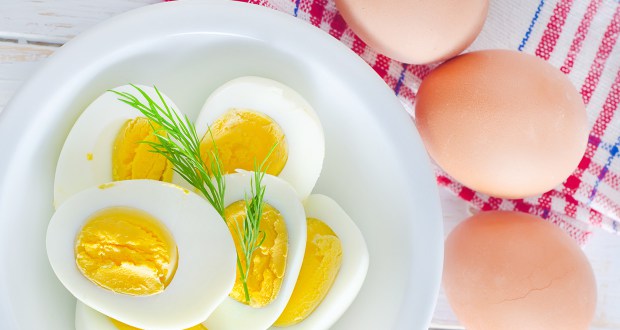
So you’re trying to increase your protein intake, to get leaner and increase your muscle tone.
And eggs seem like a great option; they’re easy to prepare, taste great in your salad and make a fabulous snack for a very busy individual.
But there’s a lot of conflicting information about their nutritional value. Some sources say you shouldn’t eat more than one egg a day, while others say you can’t get enough of them.
We asked Nicole Seymour, sports scientist and multiple SA Physique and Fitness Champion, for the lowdown:
Egg whites are a rich source of protein with a high biological value (meaning your body can build muscle tissue easily with it). But the egg yolk does have a high cholesterol content, so you shouldn’t have more than one a day, especially if you’re on a low-cholesterol diet.
Liquid vs raw eggs
Our bodies cannot digest raw egg completely and safely. Raw egg whites contain Avidin which, when consumed raw blocks your body’s ability to absorb vitamin B6. It’s only once an egg white is cooked that the Avidin breaks down, allowing your body to safely digest the protein and absorb the amino acids. When you consume raw egg whites you also run the risk of Salmonella poisoning.
Liquid egg whites, on the other hand are pasteurised and tested for salmonella. The pasteurisation process heats the egg white to 134 degrees for 3½ minutes. This heat kills the salmonella and neutralises the Avidin, making the egg whites safe for digestion by the human body.
Myth: Organic eggs are healthier
BUSTED! They certainly can be, but it all depends on the chicken’s diet. Organic eggs come from hens that are fed a 100% organic diet. However, what really matters when it comes to nutrition is whether the hens were raised on pasture. Studies have found that eggs from chickens that ate grass and insects contained higher levels of omega-3 fatty acids, as well as vitamins E, A and in some cases D.
